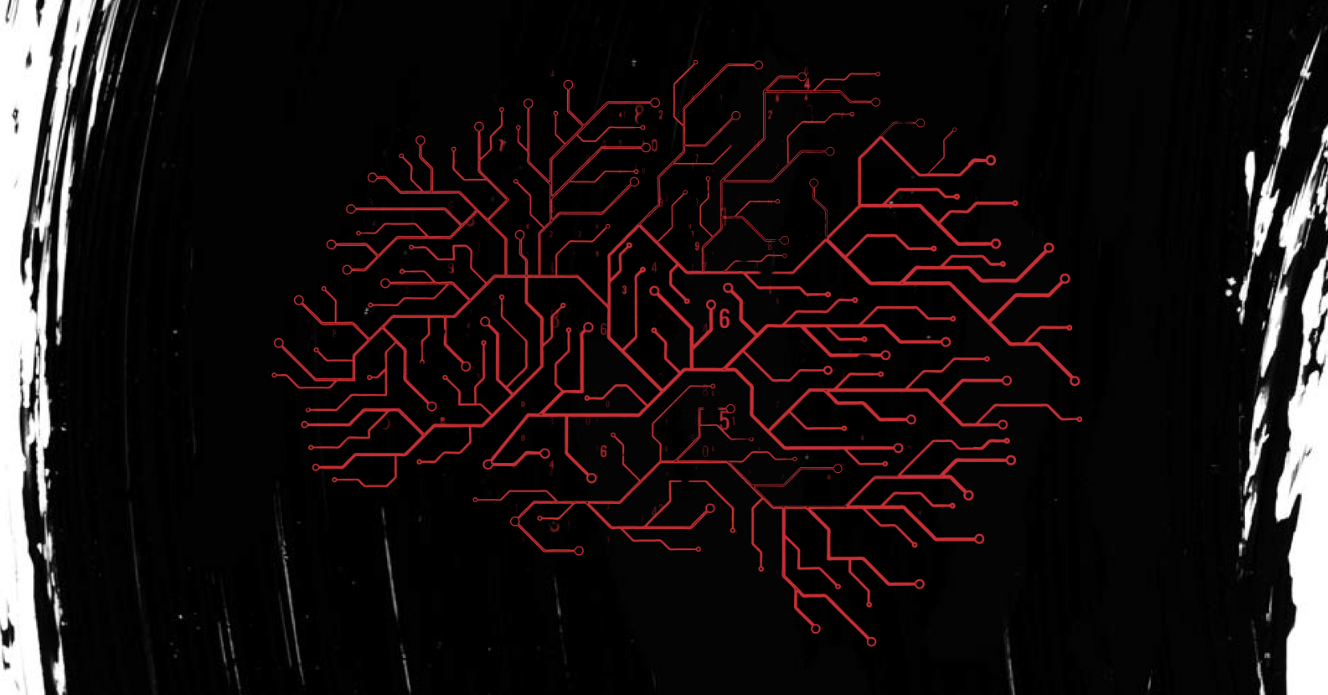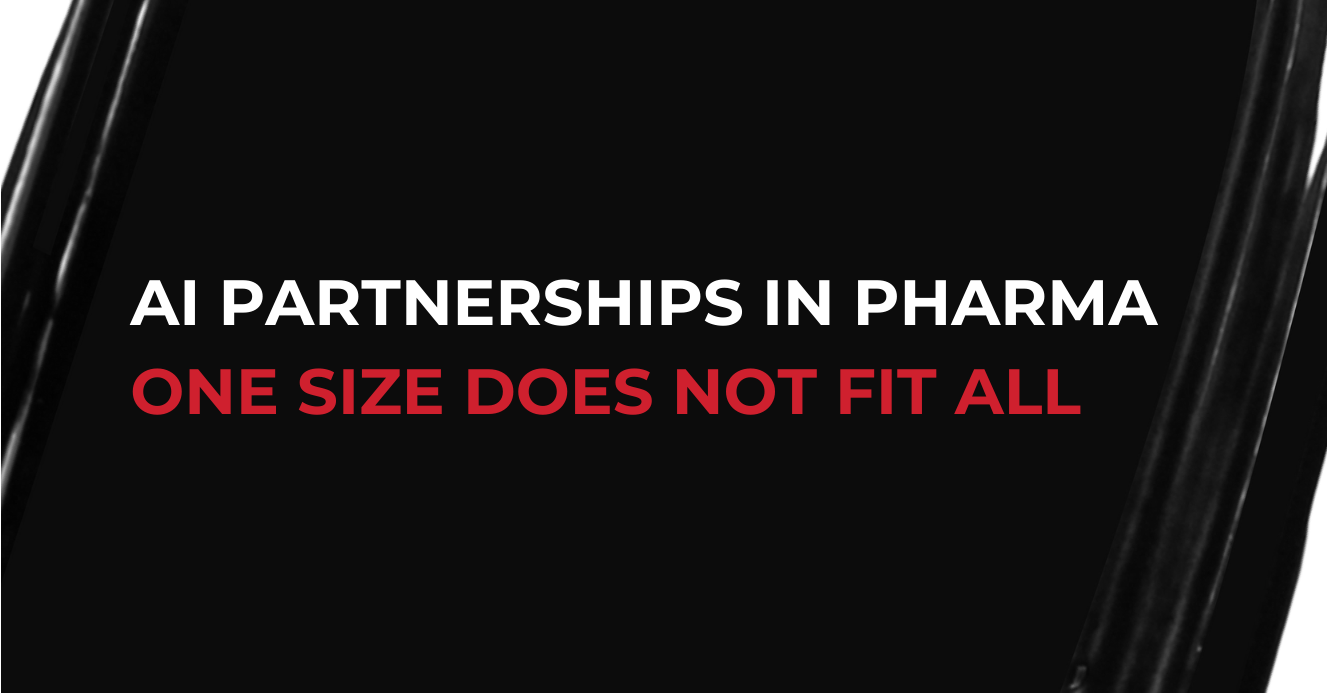Bridging Healthcare & Technology with AI Entrepreneurs and Sutter Health Executives
.png)
“How did we live without this?”
According to Sutter Health Clinical Innovation Officer Dr. Richard Milani, this is the ultimate goal for AI adoption in healthcare. AI should become so integral that imagining a world without it would be nearly impossible.
We recently co-hosted an inspiring event with Sutter Health, one of the largest healthcare systems in the U.S., at their Innovation Center. Our aim was to unite entrepreneurs at the forefront of developing visionary technologies with senior executives.
The group set a high bar for AI’s effectiveness and adoption, emphasizing the vast potential of AI to revolutionize healthcare. However, it became clear that innovation alone isn't enough — strong partnerships between entrepreneurs and large healthcare organizations are essential to drive meaningful change.
Envisioning the Healthcare System of the Future
Chief Data & Analytics Officer Kiran Mysore illustrated what innovative organizations like Sutter might look like in five years, thanks to AI. Seamless data flow across the entire healthcare system will connect all hospitals and care centers, providing leaders with timely and more accurate information. Having clear insights and foresights will allow for proactive and strategic planning rather than responding reactively.
For example, healthcare systems will be able to more reliably predict when they’ll experience surges in demand for care and adjust their staffing levels faster. Or simulate how well their system will perform during an adverse event, such as a pandemic, by providing valuable insights for response and prevention. Healthcare systems will deeply understand and segment patient populations to drive precision medicine and improve their operational efficiency. They will build upon the consumerization of AI (like chatbots and insights from wearables) to provide connected and continuous care to patients, elevating their overall experience in their journey to better health.

Define Ventures Managing Partner Lynne Chou O'Keefe; Sutter Chief Clinical Innovation Officer Dr. Rich Milani; Sutter Chief Data & Analytics Officer Kiran Mysore; Sutter Chief Innovation Officer Chris Waugh
Meanwhile Dr. Milani emphasized that more data isn't always beneficial, particularly for clinicians who already face significant cognitive demands. The key is not simply in accumulating data — especially as the volume and complexity of data continues to grow — but in effectively harnessing it to help clinicians make more informed decisions. Over the next five years, AI assistants integrated into clinical workflows will become essential. These tools can, for example, help guide clinicians to select the most appropriate diagnostic tests, avoiding redundancy and optimizing cost efficiency.
At the same time, both Dr. Milani and Solara CEO and co-founder Randy Womack emphasized that it’s critical to ensure clinicians are always in the driver's seat with patient care. AI should augment clinical decision making rather than replace it, allowing clinicians to practice at the top of their license and spend more face-to-face time with their patients. That’s the primary reason why Sutter Health partnered with Abridge earlier this year, leveraging ambient scribing tools to address the administrative burden that often takes time away from patient care.
Building on the Front Lines of Innovation
DefineVentures founder and managing partner Lynne Chou O’Keefe emphasized that marching towards this future state will require deep partnerships between innovative organizations like Sutter Health and forward-thinking entrepreneurs. Yet marrying technology with healthcare is anything but a trivial effort.
As Suchi Saria, founder and CEO of Bayesian Health pointed out, one of the most challenging aspects of developing momentum is distinguishing between what’s real and science fiction, especially in this era of bold visions and promises. She recommended that large healthcare organizations should evaluate companies through the lens of whether they have deep expertise in specific areas, and can demonstrate clear ROI. That will help to separate some of the signal from the noise for decision makers.

Define Ventures Principal Hong Truong; Bayesian Health Founder & CEO Suchi Saria; Ascertain CEO Dr. Mark Michalski; Solara Co-founder & CEO Randy Womack
At the same time, entrepreneurs need to recognize that building innovative technology will only go so far. Bringing on new vendors is operationally expensive for all healthcare organizations, no matter the ROI. As Dr. Mark Michalski, CEO of Ascertain, shared, the goal shouldn’t be to necessarily rip and replace existing systems but to help their partners ensure their existing investments succeed. This will help to ensure that the partnership is aligned with broader organizational goals and implementation strategies.
Sutter Health’s Chief Innovation Officer Chris Waugh concurred with these points while encouraging executives to lean in to the immense potential of AI in revolutionizing healthcare. Underscoring the purpose of our event, it’s clear that collaboration between healthcare leaders and entrepreneurs is critical for turning AI’s initial promises into reality.

.png)


.png)